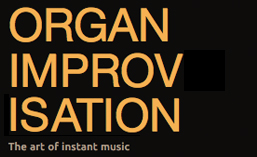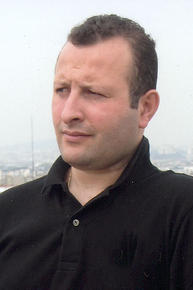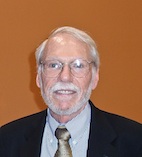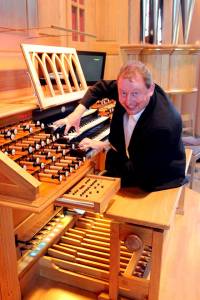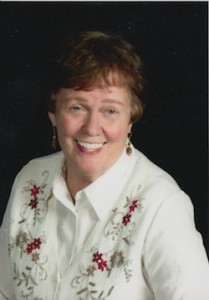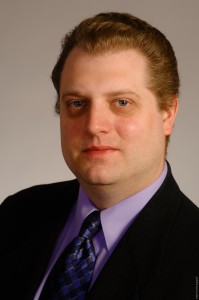 Official Website:
Official Website:
http://www.stephentharp.com/
Having played more than 1400 concerts across 43 tours worldwide, Stephen Tharp has built one of the most well-respected international careers in the world, earning him the reputation as the most traveled concert organist of his generation. He is an important champion of new organ music, and continues to commission and premiere numerous compositions for the instrument. The first such piece was Jean Guillou’s symphonic poem Instants, Op. 57, which Tharp premiered at King’s College, Cambridge, England in February 1998. Works dedicated to him include George Baker’s Variations on “Rouen” (2009) and David Briggs’ Toccata Labyrinth (2006).
Stephen Tharp earned his BA degree, magna cum laude, from Illinois College, Jacksonville, IL and his MM from Northwestern University, Chicago, where he studied with Rudolf Zuiderveld and Wolfgang Rübsam, respectively. He has also worked privately with Jean Guillou in Paris.
